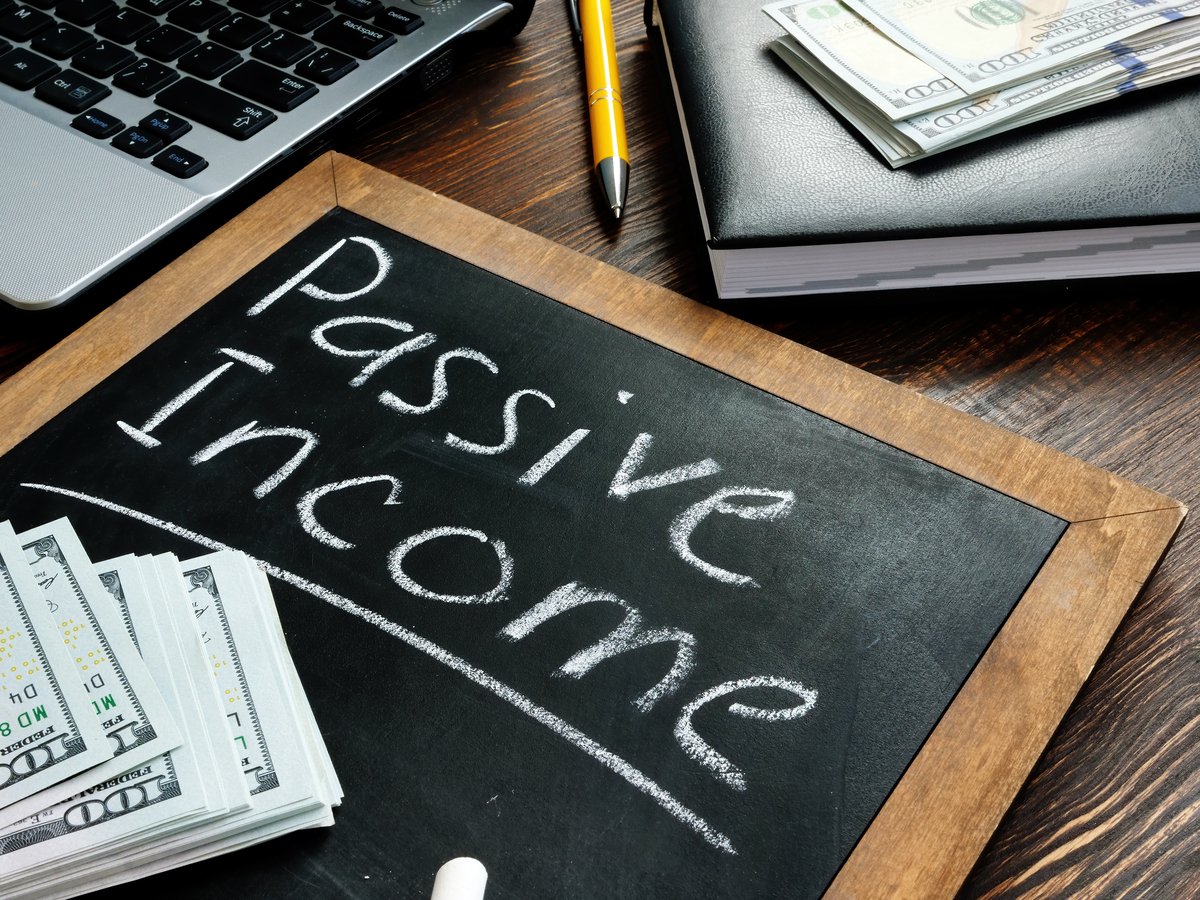Just like McDonald's, Costco, Jack in the Box, Wendy's, Burger King, and Kroger, Chipotle Mexican Grill will thrive after the dust settles from its current food-borne illness crisis.
Who needs evidence when you have an opinion?
People who think that Chipotle Mexican Grill (NYSE: CMG) is under an "existential threat" from its ongoing food-borne illness crisis, as a reader of this article recently claimed, should do two things before publicizing that opinion.
First, search the term "E. coli" and then, one at a time, insert the names of the following food-service companies:
- McDonald's (NYSE: MCD)
- Costco (NASDAQ: COST)
- Jack in the Box (NASDAQ: JACK)
- Taco Bell -- a subsidiary of Yum Brands (NYSE: YUM)
- Wendy's (NASDAQ: WEN)
- Burger King -- bought in 2010 by the easy marks at Berkshire Hathaway and 3G Capital
- Kroger (NYSE: KR)
Second, after perusing the results, now toggle over to Yahoo! Finance and enter these same companies' ticker symbols into the ticker box.
What I suspect you'll find is that many companies in the food industry -- including McDonald's, Costco, Wendy's, and Jack in the Box, to mention only a few -- have not only survived food-borne illness crises of their own, but have gone on to thrive thereafter.
- People died from a 1993 E. coli outbreak at Jack in the Box. Yet its stock has gone on to return 3,450%.
- Following an outbreak at McDonald's in 1983, its stock has proceeded to return 7,450%.
- Even Costco, which was hit at the end of last year with an E. coli outbreak, has already seen its shares recover.
But maybe things really are different this time. Maybe Chipotle will be the exception that disproves the rule. Maybe the burrito chain really has gone too far with its highfalutin attempts to give customers fresh, as opposed to processed, ingredients.
Or maybe one of the countless lawsuits being filed against the burrito chain right now will uncover video surveillance of Steve Ells, the founder and co-CEO, sneaking into its locations at night with a vile labeled "E. coli." I doubt it. I also doubt that the lawsuits being filed against Chipotle will amount to anything more than an expensive nuisance that enriches clashing armies of attorneys. You see, plaintiffs' lawyers don't file cases like this reflexively because of the alleged merits. (I say this as a licensed attorney who graduated with honors from a top-tier law school.)
They do it because companies like McDonald's and Costco and Taco Bell and Wendy's and Jack in the Box and Chipotle have deep pockets. I know it's hard to believe that plaintiffs' attorneys would be moved by such a craven motivation as money. But they are. (Lawyers are human, after all, just like you and me.) They're also motivated by the desire to be selected as the lead firm in any class action lawsuit that might emerge. This explains the rush to sue Chipotle, as the first firms to do so have the best shot of leading the case -- and thereby getting the biggest paycheck.
All of these lawsuits that are being filed against Chipotle, in other words, aren't being filed because of the merits. These attorneys probably don't know much more about the actual evidence than you or I do. Evidence emerges during the discovery process. That's when attorneys file subpoenas to gather evidence and demand depositions of anyone with knowledge of the situation. This process takes months and often years to unfold in cases like this.
So, if you're looking for evidence, as opposed to opinion, you're gonna have to wait. In the meantime, investors who know that virtually every other major fast-food chain in America (as well as Costco and Kroger) has survived its own food-borne illness crisis and thrived thereafter will buy Chipotle's stock and eat the naysayers for lunch.
I could be wrong. But that's the logical way I think long-term investors should approach this.













